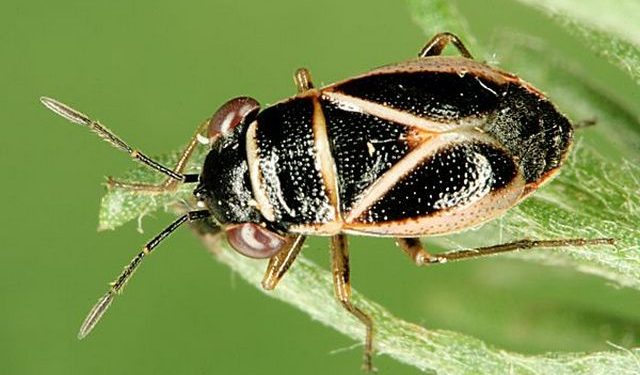#GeocorisSpp #bigeyedbugs #pestcontrol #sustainableagriculture #biologicalcontrol #naturalpredators
Geocoris spp., commonly known as big-eyed bugs, are small predatory insects that play a vital role in the control of pests in agricultural and natural ecosystems. These bugs are found worldwide and are known for their distinctive large eyes, which give them an advantage in hunting their prey.
The development of Geocoris spp. has been crucial in natural pest control as they feed on a wide range of pests, including aphids, mites, thrips, and other small insects. They also prey on the eggs of various pests, which helps to reduce their population growth. This natural method of pest control is essential in reducing the use of harmful chemicals, making Geocoris spp. a valuable ally in sustainable agriculture.
One of the consequences of the development of Geocoris spp. as pest control agents is the reduction of pest populations, leading to increased crop yields and reduced crop damage. Moreover, the use of natural predators such as big-eyed bugs can reduce the dependence on synthetic pesticides, which can be harmful to the environment and human health.
Geocoris spp. is also being studied for their potential use in biological control programs for insect pests. Researchers are investigating the mass rearing and release of these bugs in agricultural fields to enhance their effectiveness in controlling pest populations. The development of these programs has the potential to reduce the cost of pest control and increase the sustainability of agriculture.
In conclusion, Geocoris spp. plays a vital role in natural pest control, making them an essential part of sustainable agriculture. The development of these bugs as pest control agents has significant consequences in reducing pest populations, improving crop yields, and reducing the dependence on synthetic pesticides. As research continues, the use of Geocoris spp. in biological control programs could lead to even more benefits for farmers and the environment.







